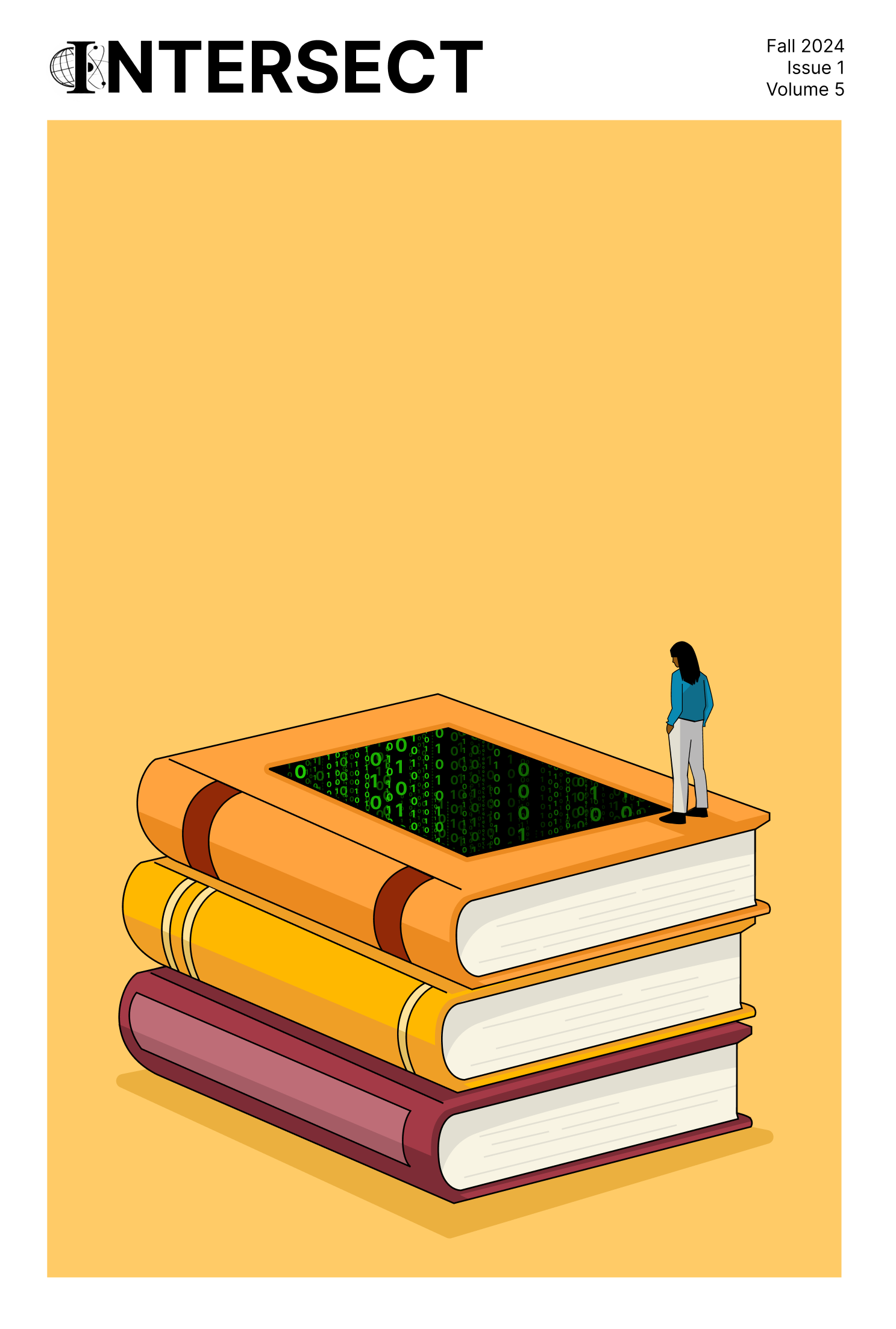Analyzing Barriers to Small Modular Reactors Acceptance: Factors Behind Support and Opposition in South Korea
Abstract
As the Korean government announced the construction of four more nuclear power reactors, including small modular reactors, there is a growing apprehension about the adoption of this new technology. In this regard, this study aims to investigate the factors contributing to people’s support or opposition to this novel technology in light of demographic, social, and psychological dynamics. A total of 315 people from South Korea participated in the research. The t-test and multiple regression analysis revealed that supporters had greater trust in authorities while opponents had greater environmental awareness. There was no difference in cognitive dissonance when compared to opponents and supporters. The multiple regression analysis revealed that marital status, risk tolerance, trust in authorities, cognitive dissonance, temporal discount, cognitive closure, and environmental awareness were significant predictors of support for SMRs. Policymakers and authorities must be mindful of these characteristics when strategizing their approach to promoting SMRs in society.
Downloads
Published
Data Availability Statement
Yes, I can make the data available
Issue
Section
License
Copyright (c) 2025 Intersect: The Stanford Journal of Science, Technology, and Society

This work is licensed under a Creative Commons Attribution-NonCommercial-NoDerivatives 4.0 International License.
Authors who publish with this journal agree to the following terms:- Authors retain copyright and grant the journal right of first publication with the work simultaneously licensed under a Creative Commons Attribution License that allows others to share the work with an acknowledgement of the work's authorship and initial publication in this journal.
- Authors are able to enter into separate, additional contractual arrangements for the non-exclusive distribution of the journal's published version of the work (e.g., post it to an institutional repository or publish it in a book), with an acknowledgement of its initial publication in this journal.
- Authors are permitted and encouraged to post their work online (e.g., in institutional repositories or on their website) prior to and during the submission process, as it can lead to productive exchanges, as well as earlier and greater citation of published work (See The Effect of Open Access).

